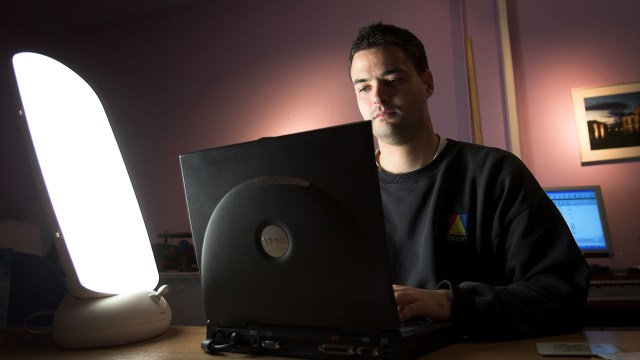The Freedom and Opportunity of College Put Students at a Mental Health Disadvantage

Going away to college is a time of change in almost every respect, representing a moment of great freedom and opportunity, but psychologically speaking, this correlates with increased rates of depression and anxiety, says Dr. Victor Schwartz, medical director at The Jed Foundation.
According to Schwartz, alcohol poses a particularly large challenge on campuses: A third of college students report an alcohol binge every two weeks and with that comes increased rates of automobile accidents, physical altercations, and nonconsensual sexual contact.
Two percent of students who drink report having had nonconsensual sexual contact in the context of drinking. Given that there are 20 million college students nationwide, and that 70 percent of them drink, that results in a staggering 300,000 incidents of nonconsensual sexual contact.

To cope with these challenges, Schwartz points out that colleges tend to offer counseling services designed to meet students’ specific needs. Information about a college’s mental health services are certainly available on its website, and anyone from RAs to deans will be trained to connect students with the help and support they need.
While there is no legal requirement for colleges to provide mental health services, it serves the goal of getting their students across the graduation line — and it’s the right thing to do. What’s more, these services are typically offered at no additional cost to the student.
Students and their parents would no doubt say they’re already paying enough, but Dr. Schwartz explains what challenges these services also present to colleges:





